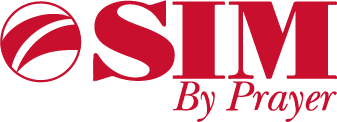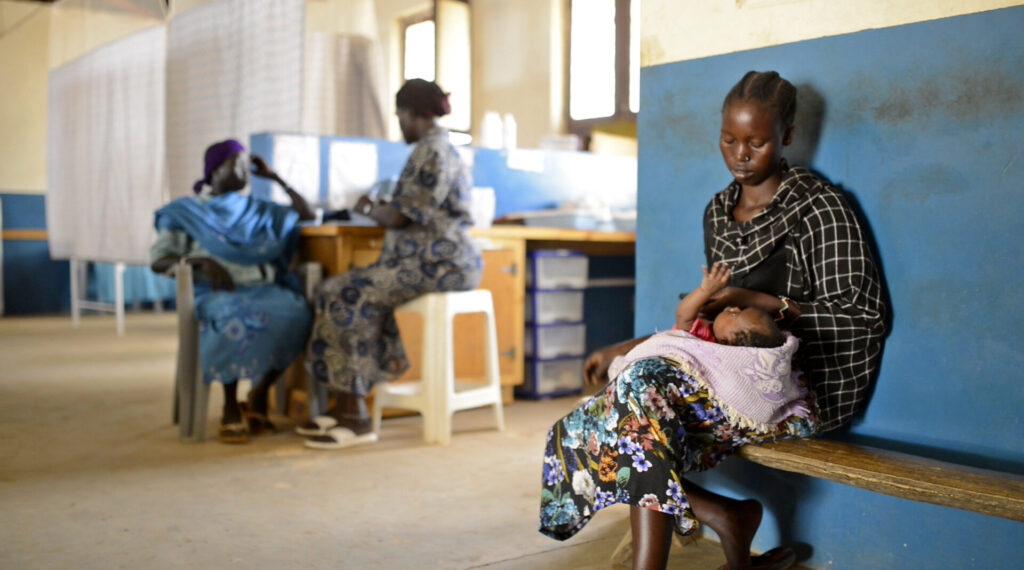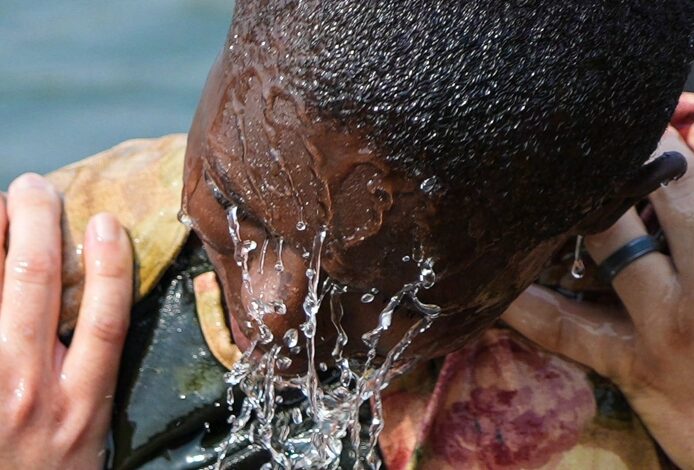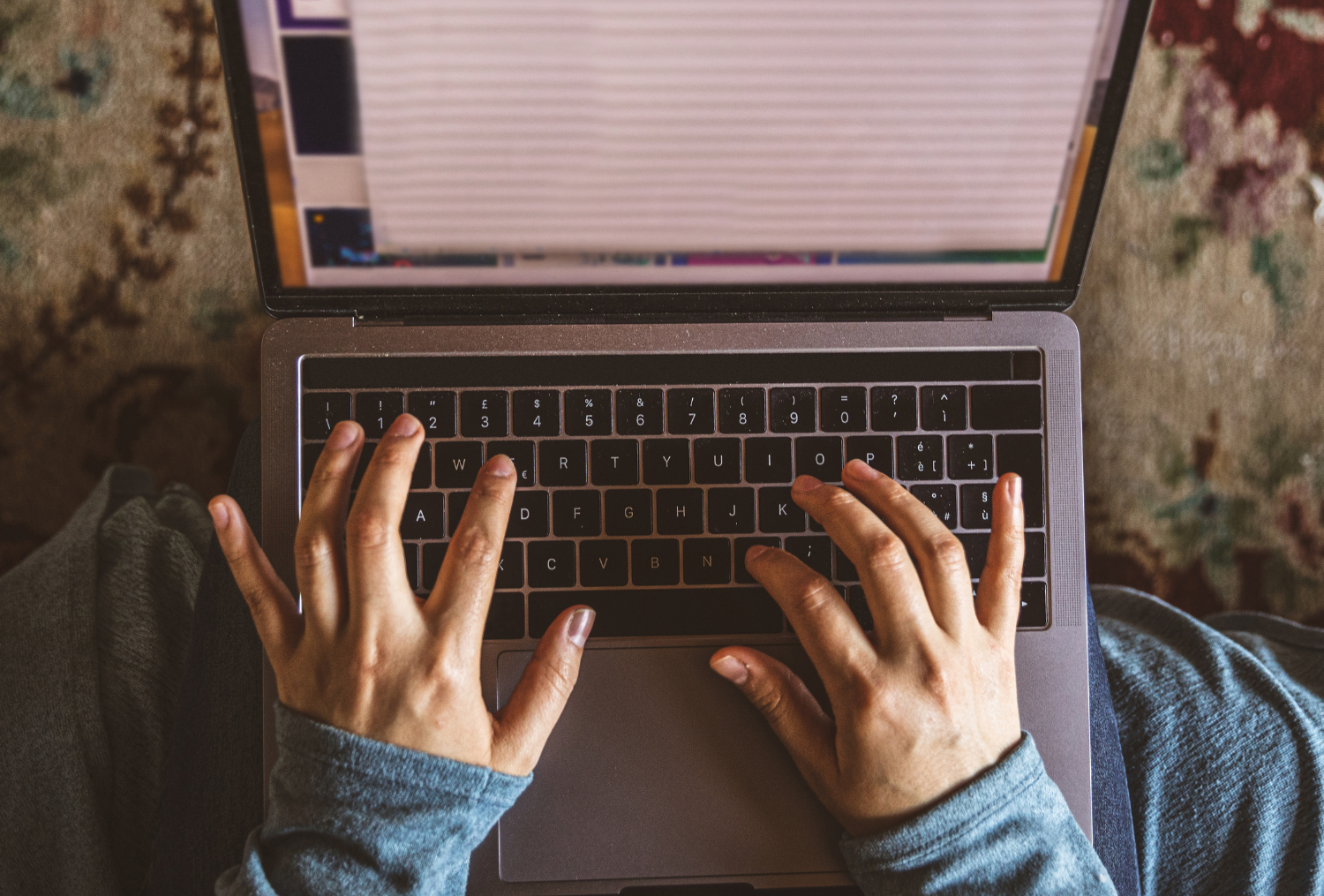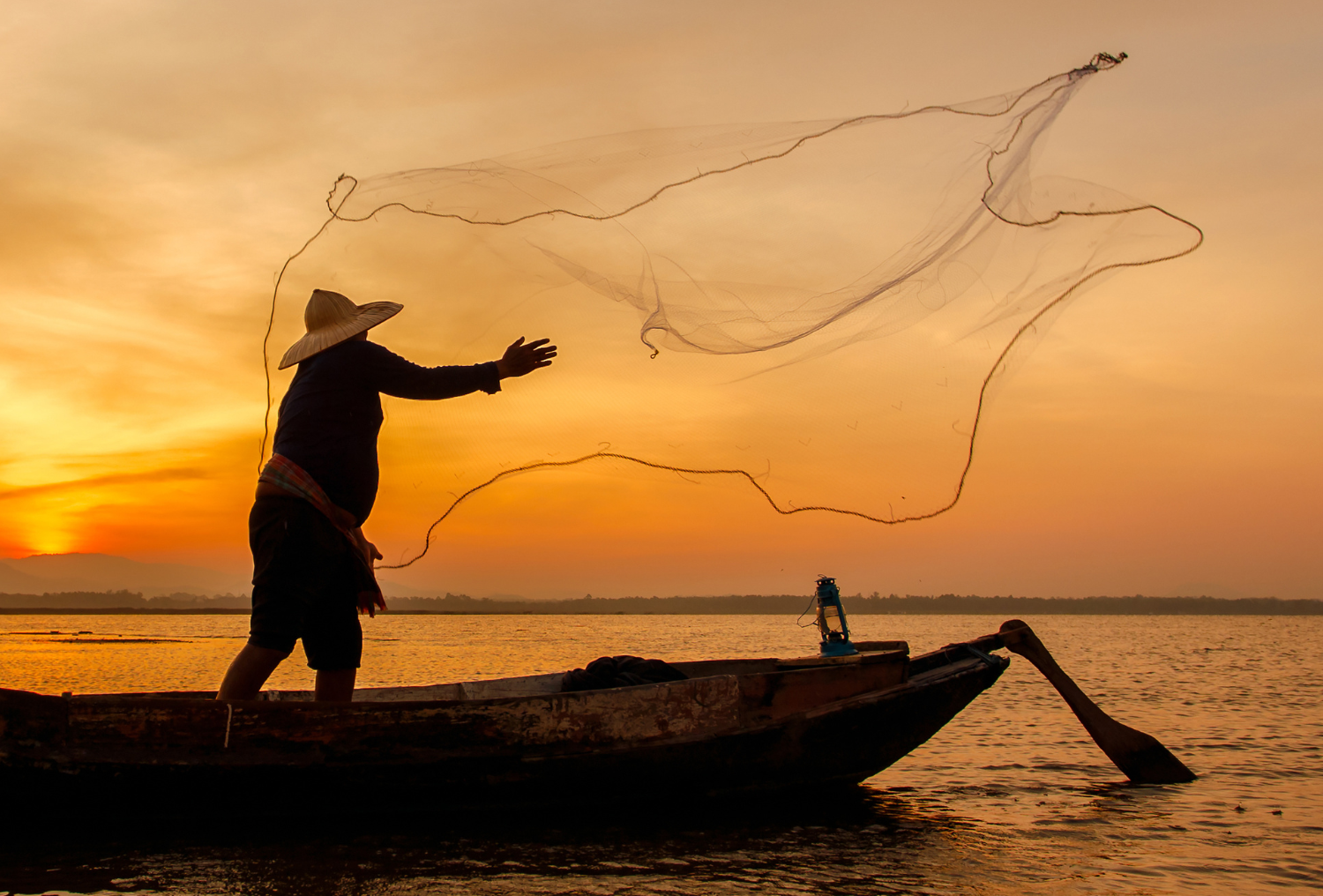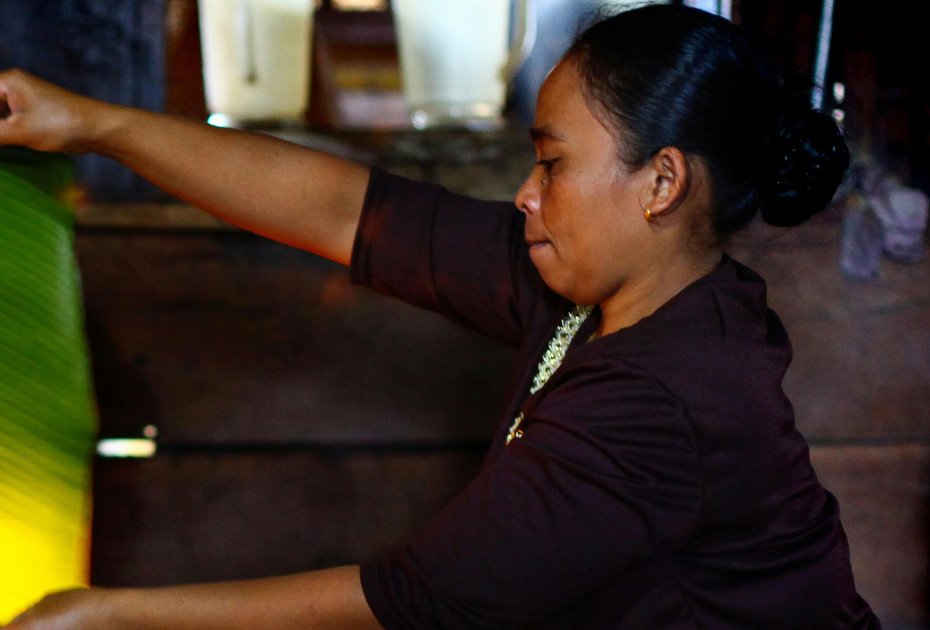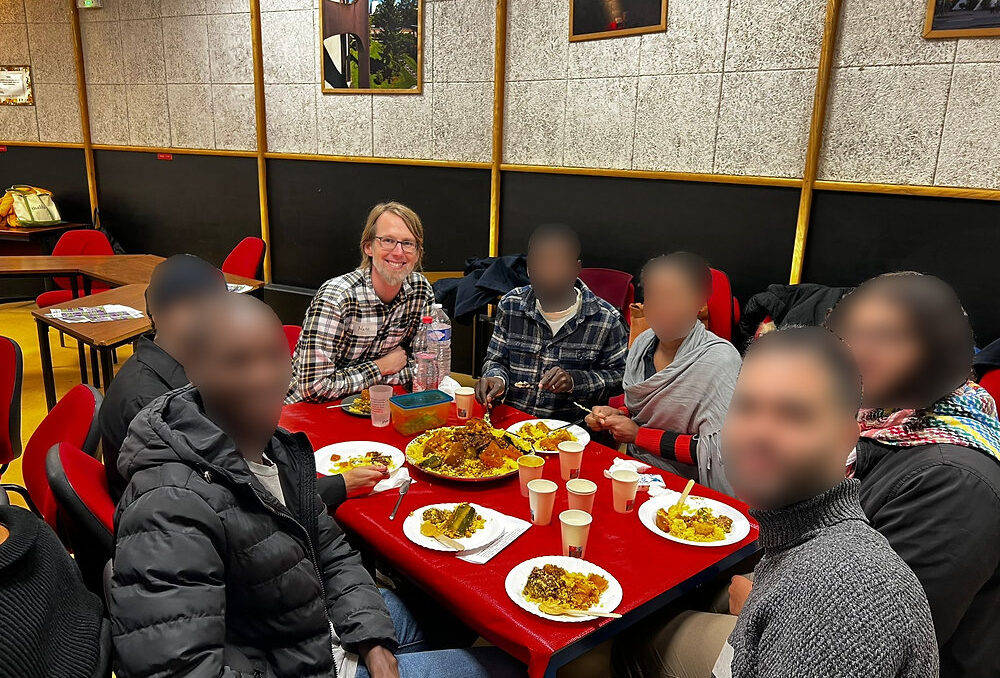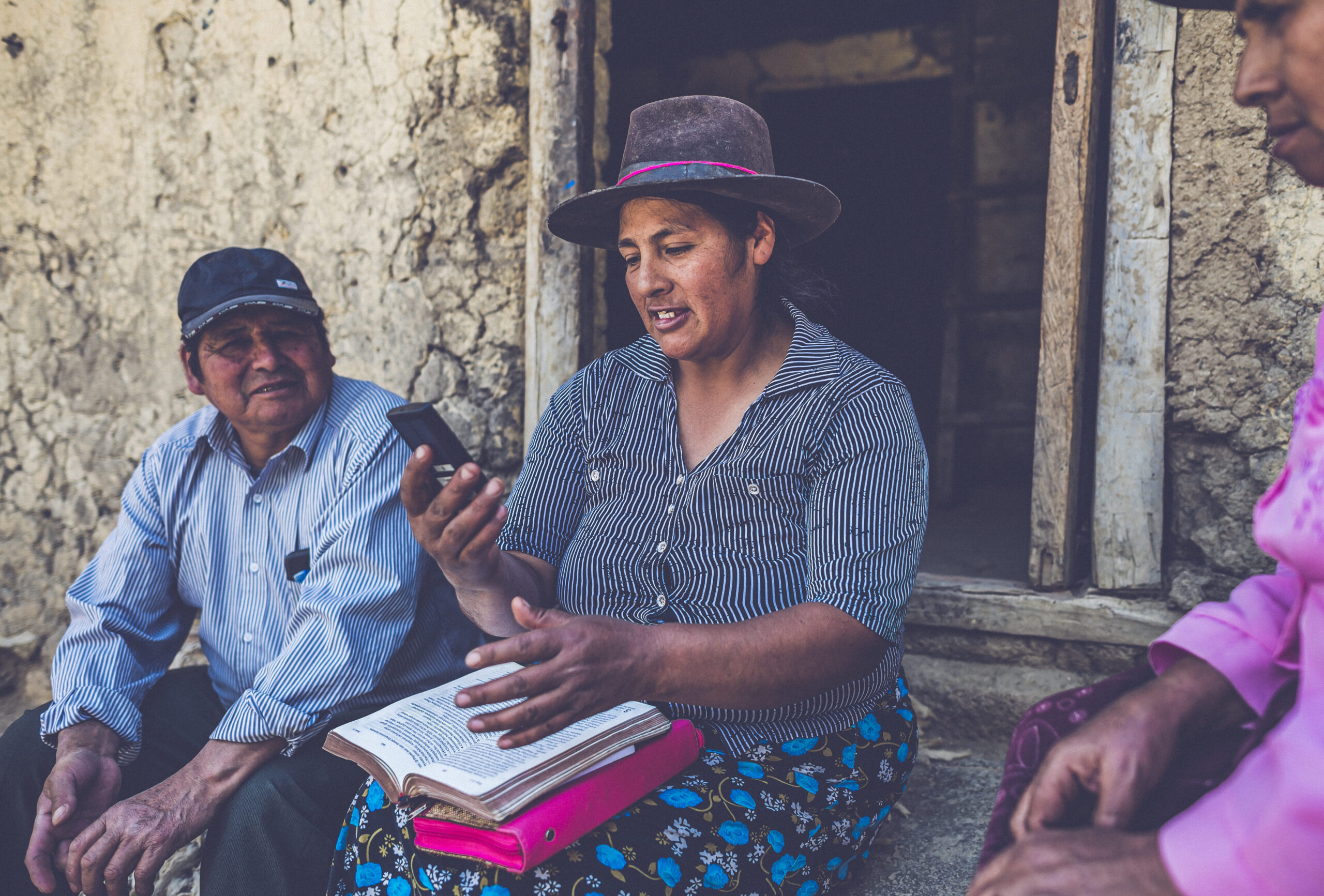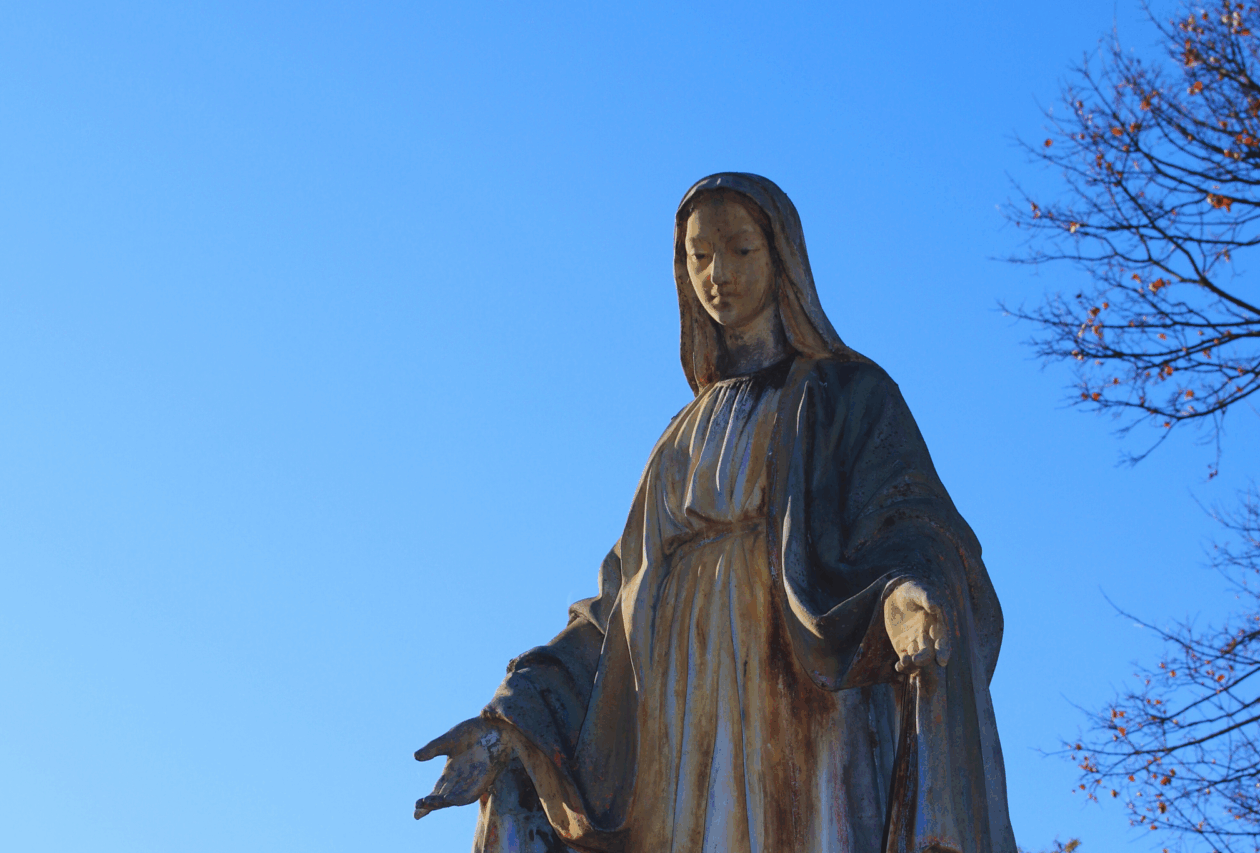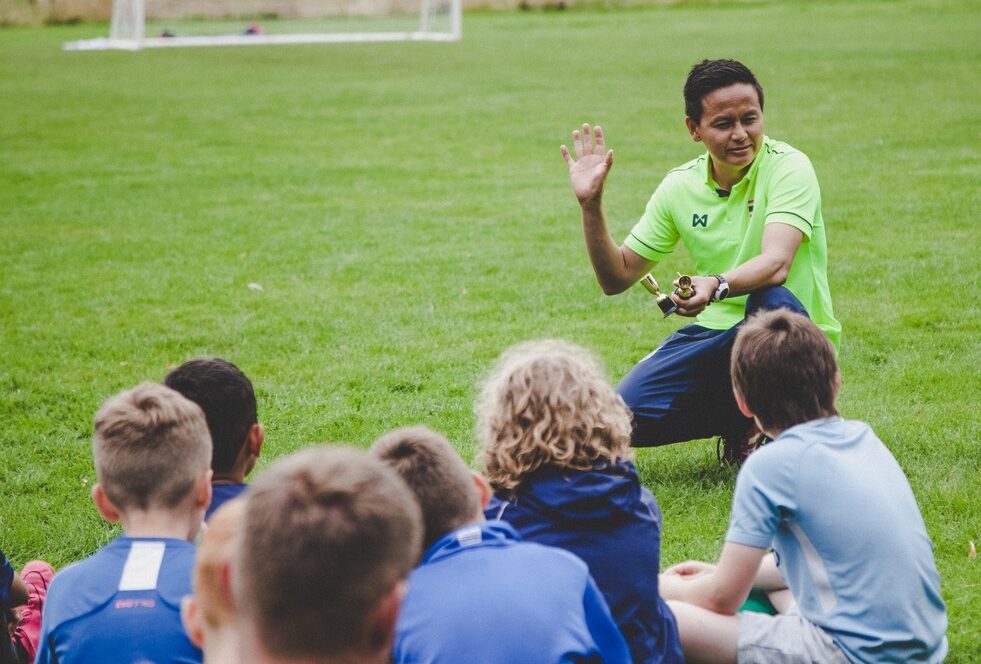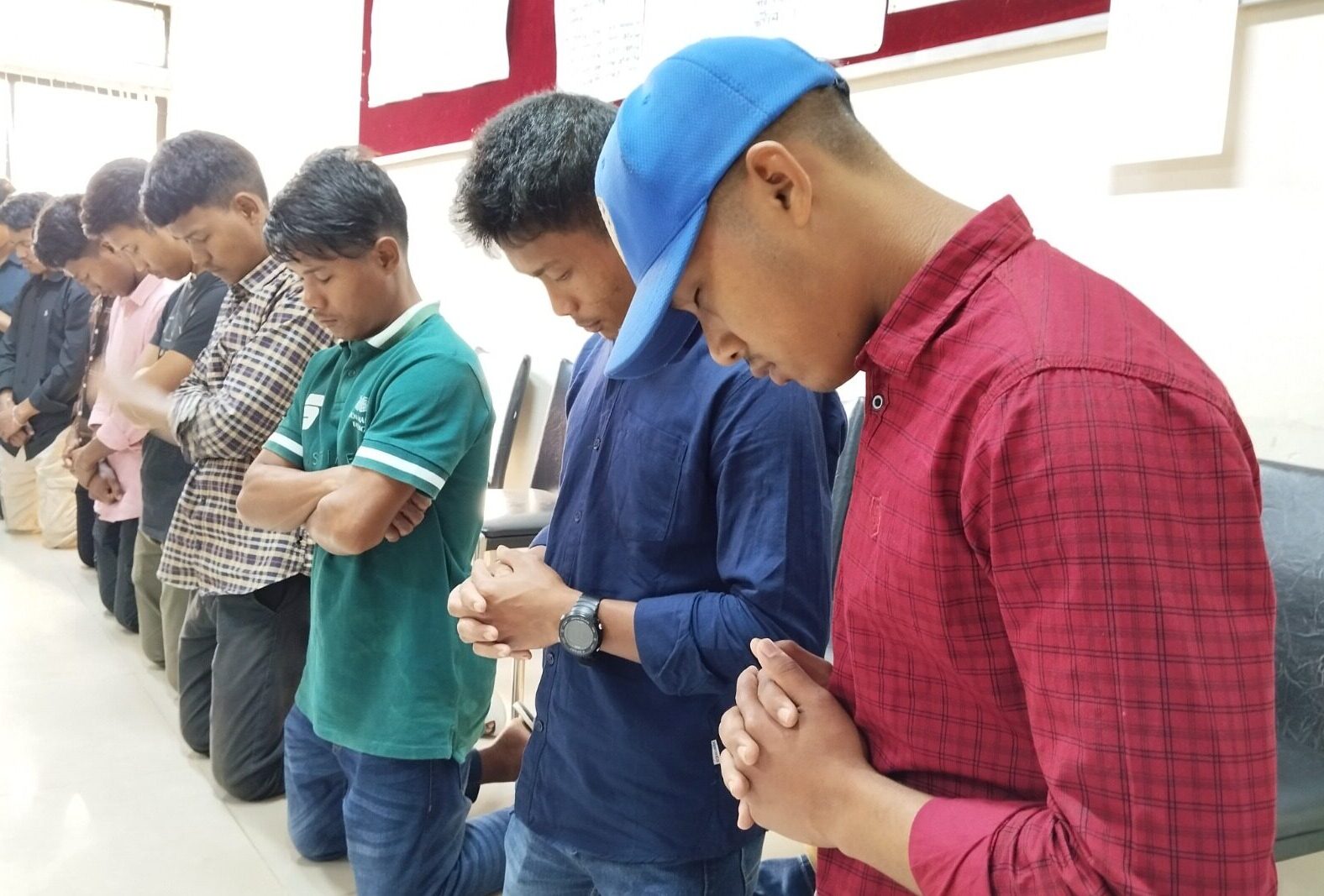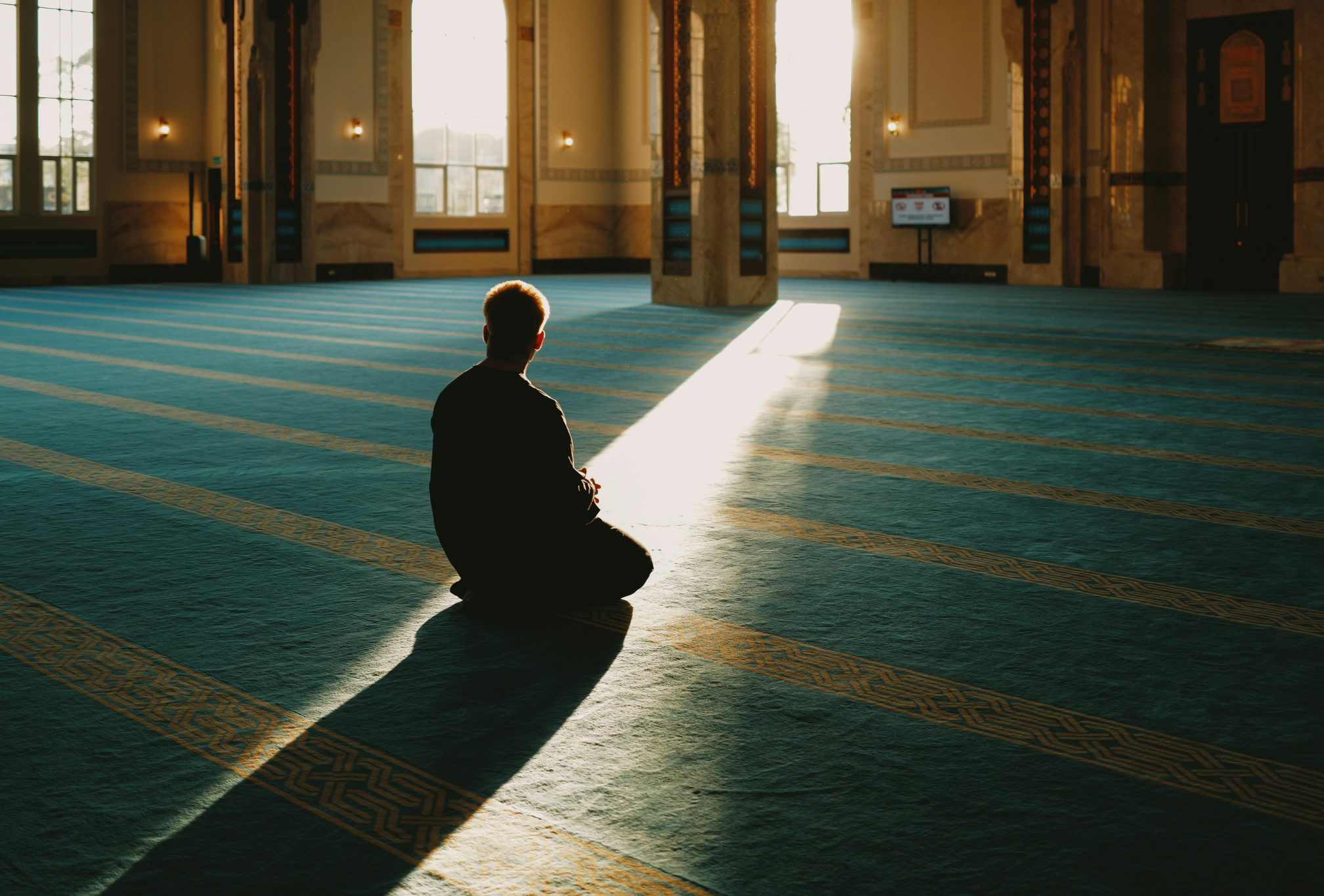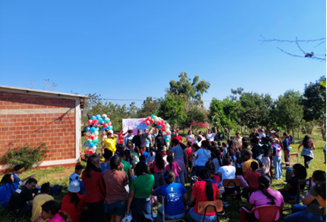By Susan Akyeampong
Right now in South Sudan, outreach teams from SIM’s Doro Clinic are heading out to care for refugees facing all kinds of health challenges.
I spoke over Zoom with Vicki Beattie, a trained nurse and SIM mission worker who served at the clinic for over 11 years, and has spent the past five years supporting through short visits. She was part of the team that helped restart the clinic in 2008 after it had closed due to conflict—at times, the government had even expelled all mission workers from Sudan.
The clinic runs several outreach programmes, each designed to take medical care beyond the walls of the clinic and directly into the community. For many refugees living in camps, travel is difficult especially for the sick, or those facing stigma. Outreach allows the team to go to them, meeting people where they are, with the same deep compassion Jesus meets us.
In 2016, the clinic launched a maternity and family planning training programme to help women access safe reproductive healthcare, equipping them with knowledge they might not otherwise receive. Then in 2010, Vicki helped start a leprosy programme. Because of the stigma that still surrounds leprosy, many sufferers avoid public places, including health centres. Through regular outreach visits, the team brings not only free treatment, but also dignity and care.
“We visit patients weekly,” Vicki says. “It takes real humility and kindness to care for people who feel rejected, but Jesus did that. He welcomed those others turned away.”
“It takes real humility and kindness to care for people who feel rejected, but Jesus did that. He welcomed those others turned away.”
Since starting the programme, Vicki and her team have treated hundreds of patients using free medication provided by the World Health Organization. Each outreach is also an opportunity to share the gospel.
About 40% of the patients Doro Clinic serve during outreach are from Muslim backgrounds. These visits offer a powerful chance to live out Christ’s love in both word and action.
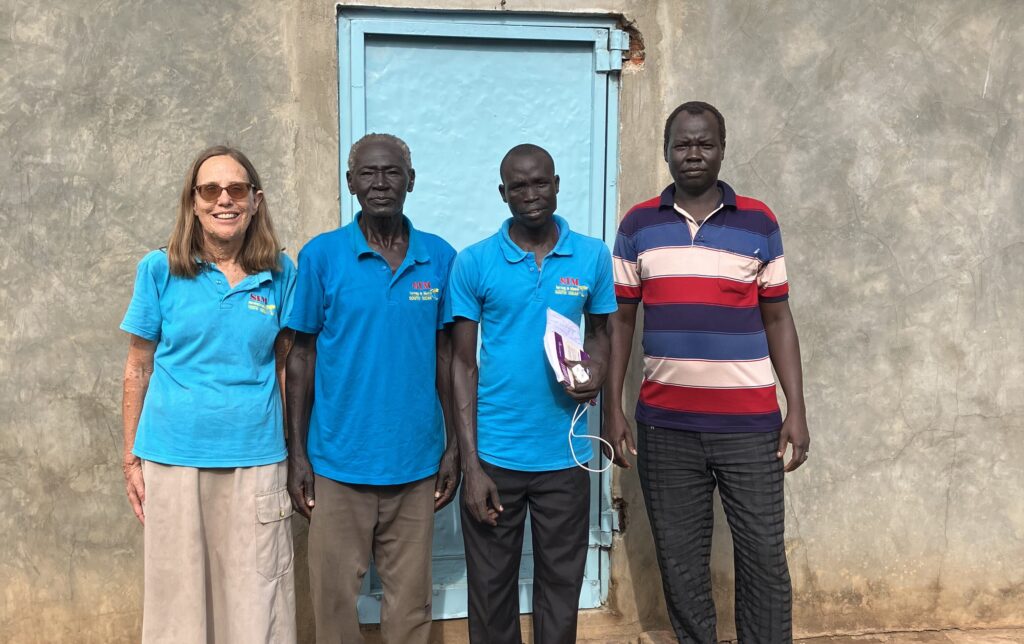
Every outreach team includes a chaplain. Before any medicine is given, the chaplain shares a message of hope, sometimes through the Jesus Film, or by giving out solar-powered MP3 players loaded with Scripture in local languages.
“There’s often a connection between physical illness and spiritual need,” Vicki explains.
This truth shapes everything the clinic does: offering care for the body, while gently pointing people to the One who can heal the soul.
This has been Vicki’s heartbeat throughout her time in South Sudan. Her journey into mission began at the Urbana Missions Conference. She later served for 17 years in a rural hospital in Zambia before joining a vision trip to South Sudan in 2006. After that, she felt called to return.
In 2007, she returned through SIM’s Rebuild South Sudan programme, where the work was almost starting from scratch. Vicky says, “I lived in a tent, ate lentils and rice, and focused on learning the local language” she says.
Alongside a colleague, she reopened the clinic and helped launch a new community health worker programme. In 2008, they began a nine-month training course to equip locals to treat common illnesses like malaria and pneumonia. “We graduated three classes between 2008 and 2010 before the government shut down all community health worker programmes. Five of our graduates are still serving at the clinic today, three Mabaan men from the local community and two refugees.”
Please pray:
- Pray for more mission workers to join the team at Doro Clinic, so that the staff are no longer overworked and can continue providing quality care to those in need.
- Pray for peace and stability in South Sudan, asking that the civil war does not escalate and that God would bring healing to the nation and its people.
- Pray for provision and resources, that the clinic would have all it needs, from medicine to transport, and that logistical challenges would not stop staff from continuing their vital work, especially with many patients coming from Muslim backgrounds who may be hearing the gospel for the first time.
